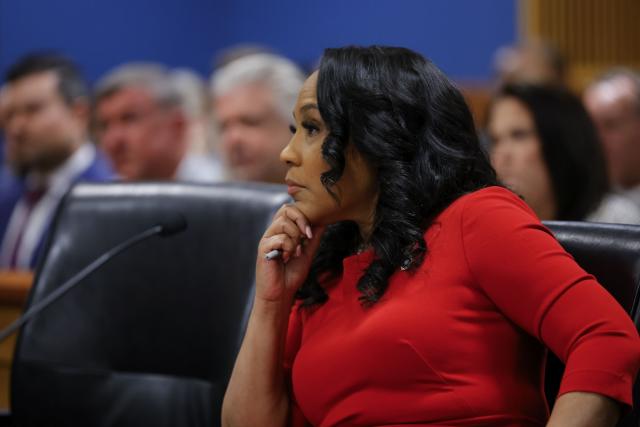Report: Billionaires losing a fortune on investments in news organizations
In a recent trend, billionaires are finding news business ventures less profitable than anticipated, facing significant financial losses.
The dream of turning prestigious news outlets into profitable digital platforms by billionaires is facing harsh realities.
High-profile figures like Jeff Bezos, Dr. Patrick Soon-Shiong, and Marc Benioff invested heavily in iconic news brands, hoping to leverage their business acumen and technical prowess. However, despite substantial investments and strategic overhauls, these news giants are reporting significant losses, raising concerns about the future of these storied institutions, as reported by DNYUZ.
High hopes meet harsh realities in newsroom investments
The trend took hold when Amazon founder Jeff Bezos acquired the Washington Post, followed by Soon-Shiong's purchase of the Los Angeles Times, and Marc Benioff's acquisition of TIME magazine.
Each investment was met with a mix of optimism and skepticism, as newsrooms anticipated a digital renaissance under the stewardship of these tech-savvy billionaires.
Ann Marie Lipinski of the Nieman Foundation for Journalism at Harvard University noted the misplaced optimism in billionaire owners solving the inherent challenges of the media industry.
Despite their wealth and business success, these owners are grappling with the same issues that have plagued media companies for years.
Lipinski stated:
Wealth doesn’t insulate an owner from the serious challenges plaguing many media companies, and it turns out being a billionaire isn’t a predictor for solving those problems.
The financial toll on iconic news brands
The Los Angeles Times, under Dr. Soon-Shiong's ownership, is facing a particularly dire situation.
With projected losses between $30 million to $40 million for the year 2023, the company initiated job cuts and is considering further reductions.
The resignation of Kevin Merida, the newspaper's respected editor, amid tensions over editorial and business strategies, adds to the company's uncertainties.
Similarly, the Washington Post, under Bezos' ownership, hasn't been immune to financial woes. The post-election period saw a decline in subscriptions and ad revenue, leading to significant losses and job cuts.
Bezos' vision for a profitable Post is yet to materialize, reflecting the broader challenges of sustaining growth in the digital news landscape.
TIME magazine is also experiencing financial hardships, with losses amounting to around $20 million in 2023. The publication is exploring cost-cutting measures and brand licensing deals to mitigate these losses, indicating a shift in strategy to stay afloat.
A glimpse of hope amidst the struggle
Despite the bleak outlook, some news organizations owned by billionaires are showing signs of success.
The Boston Globe, owned by John W. Henry, has maintained profitability and is reinvesting its gains into the company. Similarly, The Atlantic, under the ownership of Laurene Powell Jobs, is nearing its goal of one million subscribers, although it hasn't reached profitability yet.
Ken Doctor, a media analyst, emphasizes the ongoing transition from print to digital as a significant challenge for these organizations.
The shift involves managing legacy business costs while building a digital-first future, a process that is proving to be complex and costly.
Doctor also points out that billionaires are not immune to the frustration of financial losses, even if they can technically afford it. The continuous underperformance of these investments is causing what he describes as "greater signs of fatigue" among these billionaire owners.
The future of billionaire-owned news organizations
The financial struggles of billionaire-owned news outlets underscore the complexities of the media industry in the digital age.
The optimism that greeted the billionaires' entry into the news business is now tempered by the harsh realities of declining web traffic, competition from new AI-powered applications, and the inherent challenges of digital transformation.
The financial figures from the Los Angeles Times, the Washington Post, and TIME magazine reveal the uphill battle these organizations face.
Despite the considerable resources and efforts poured into these ventures, profitability remains elusive, raising questions about the long-term viability of relying on wealthy individuals to subsidize these important institutions.
Conclusion
- The wave of billionaire investments in news organizations has not resulted in the expected turnaround, with many facing significant financial losses.
- The Los Angeles Times, the Washington Post, and TIME magazine are among the prominent examples of news outlets struggling under billionaire ownership.
- While some outlets like the Boston Globe and The Atlantic show signs of success, the overall trend points to the severe challenges of transforming legacy news brands into profitable digital platforms.
- The future of these publications remains uncertain, as the industry continues to grapple with the digital transition, dwindling web traffic, and the rise of AI-driven competition.






